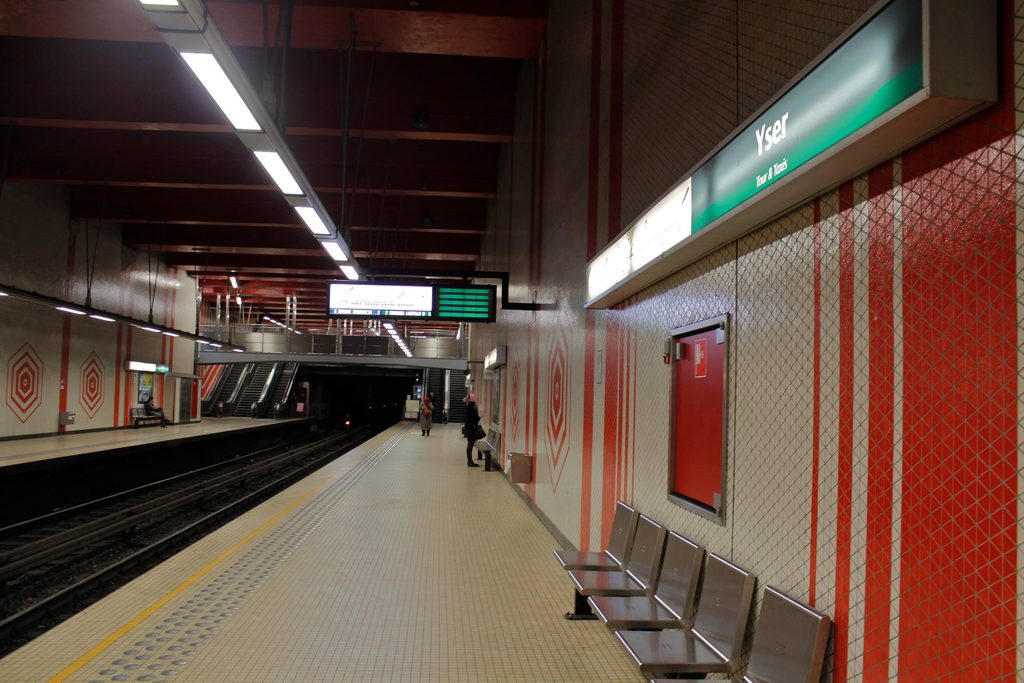As Brussels' drug problem goes from bad to worse and the Ribaucourt neighbourhood committee sent a letter to Molenbeek Mayor Catherine Moureaux, the regional government is taking extra measures to combat drug use in public spaces.
Drug use creates quite a significant nuisance in the Ribaucourt neighbourhood: public heroin and crack use, as well as syringes, excrement and blood on the ground. For authorities, it is difficult to fight this because the use can easily move to other stations. Additionally, each municipality has different policies, meaning that repressive action in one municipality adds to the problem in another.
"The addiction problem is first and foremost bad for the users themselves. Above all, we need to invest in counselling. Local residents also demand a humane solution," said Brussels MP for socialist one.brussels-Vooruit party Els Rochette.
Rochette sees a good example of a humane solution as the SubLINK project launched this spring by the Brussels government: a collaboration between STIB, Samusocial, Diogènes, Lama and Transit. "SubLINK provides a total solution: medical and psychosocial counselling, but also shelter capacity."
Drug consumption spaces
The first phase of the project focused on the Porte de Namur metro station and was a great success. Brussels Minister Alain Maron promised that the project will be extended to 11 metro stations and 2 SNCB stations. Since 6 July, hotel accommodation has also been organised through the project.
Additionally, he stressed the importance of the drug user space GATE and announced that a second user space will soon be established, in the Ribaucourt or Yzer-North district.
"I strongly support user spaces. It reduces health risks for users and creates fewer nuisances in public spaces. I was able to see for myself what an incredible job they do at GATE," Rochette said.
Related News
- Porte de Namur metro station central to tackling Brussels crack epidemic
- Carers at drug consumption rooms in Belgium can no longer be prosecuted
- Brussels' first drug consumption space called a success, but location criticised
While good cooperation has been initiated between the various actors in Brussels, Rochette stressed the urgency of the Federal Government also taking on a more prominent role.
"Brussels cannot meet the challenges of drug problems alone. A crisis cell in cooperation with the Federal Government is necessary. Until now, they have let Brussels down."

